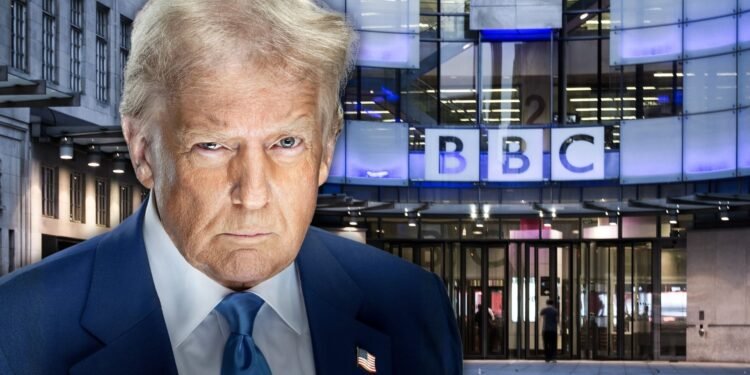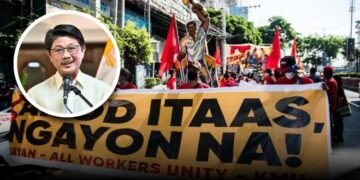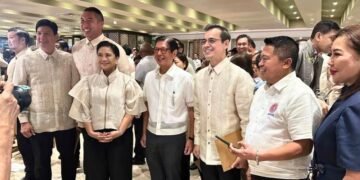President Donald Trump is taking aim at the BBC after the broadcaster admitted to misleading edits in one of its U.S. election documentaries. The U.S. president has threatened to sue the network for $1 billion, claiming it manipulated his January 6 speech to appear as a call for violence.
The BBC’s Panorama episode, Trump: A Second Chance?, spliced together two separate quotes from his 2021 rally—one urging supporters to “cheer on” lawmakers and another, nearly an hour later, to “fight like hell.” The edit changed the context entirely, setting off a political and media storm that has already forced two top BBC executives to resign.
Trump’s legal team accuses the broadcaster of “malicious intent” to interfere in the 2024 election. They’ve demanded a full retraction, a public apology, and financial compensation. BBC chair Samir Shah has since admitted to an “error of judgment,” though he denied that bias influenced the decision.
Still, the fallout was swift. Director General Tim Davie and Head of News Deborah Turness both resigned, acknowledging internal failures in handling the issue. Their exits exposed the network’s internal divisions and intensified scrutiny over the BBC’s standards of accuracy and impartiality.
The controversy grew after a leaked internal memo revealed the problem had been raised months before the story became public. The BBC had prepared a statement addressing the edit but delayed releasing it, only responding once pressure mounted from British lawmakers and media outlets. By then, the damage had spread globally, fueling Trump’s latest media confrontation.
In his statement, Trump said BBC officials were “caught doctoring my perfect speech,” accusing the broadcaster of trying to influence voter perception. His lawyers have given the BBC until Friday to retract the documentary and apologize, or face legal action in Florida. While media experts believe U.S. defamation laws make success unlikely, the case has already amplified questions about the BBC’s credibility and judgment.
The dispute reflects a deeper tension between media accountability and political influence. For Trump, it adds fuel to his long-standing criticism of establishment media, while for the BBC, it exposes the growing fragility of public trust in global journalism.












